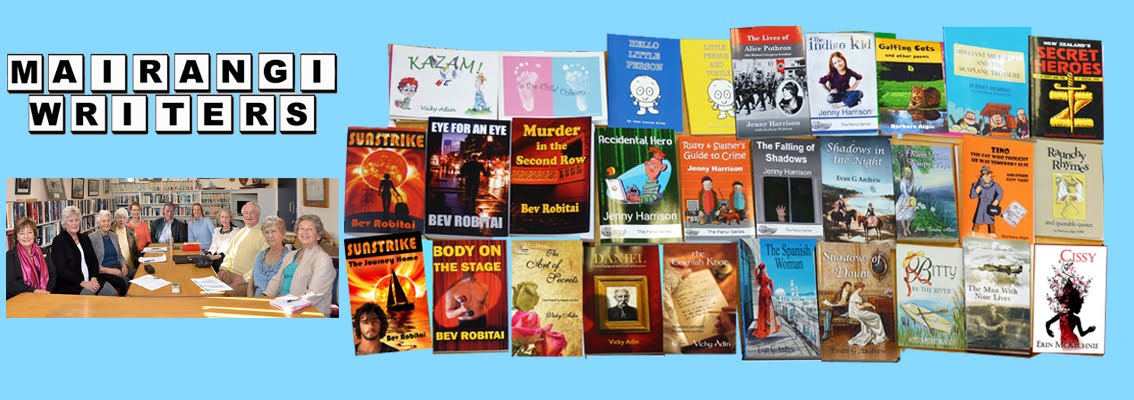I’m currently going through the process of having beta
readers comment on the first draft of my latest novel and thought I’d share
some of the thoughts and feelings about the process. First of all, it’s a leap
of faith to allow the book out of my hands. When nobody else has read it, it
remains a work of genius that offers scintillating insights to life and will
instantly become a best-seller. But I know in my heart that’s not true, and
my chosen readers are going to discover that as soon as they read page one.
This is where beta readers are so important and it pays to select them
carefully.
A poor beta reader is like a friend who tells you ‘You look fine, really. That dress is a lovely colour.’
A good beta reader might say ‘don’t wear that when you go out – it makes you look a bit chubby. Wear the red dress instead, it hides the fat rolls.’
But a really good beta reader is like a plastic surgeon. She will point out faults and make suggestions about how to fix them. She will tell you that your breasts could look firmer while drawing pen lines to show where tucks and lifts will improve the profile. She will know where liposuction will give the most benefit, and how much collagen to inject to add shape. Yes, she tells you things are wrong, but she offers ways to fix them. In the end, you are empowered to present your best face / book to the world once the faults have been rectified.
I’m learning that it takes quite a few people to make a book better. Now I understand how some authors have an acknowledgement list two pages long of people who helped with their novel.
Big thanks to my current readers - your advice is invaluable!
Bev

Can't wait to see all the comments you guys will make now you've got the instructions. :)
ReplyDeleteAnyone still having trouble posting comments? To reduce frustration, do a select/copy of your comment before you hit publish in case anything goes wrong - then you can just repaste it into the comment box and try again.
ReplyDeleteI had the privilege of being one of Bev's beta-readers. Not only a colleague, I consider myself a friend and, as such, it was a difficult task. I knew Bev did not want a "It's lovely,dahl" response, nor did she want a hatchet-job. I believe an author wants and deserves honesty from a beta-reader, no matter how hard its going to be to tell them the truth about their new-born. I saw my role as being someone who looked at the basic structure of the book - whether the author was coherent, the flow of the story, the characters - whether they were 'real' and if they were doing their job. I did not look for typos or grammar or punctuation. I assumed the ms was in first-draft form and all that would eventually be tidied up. Weaknesses in the basic structure of a story cannot be 'tidied-up', so a beta-reader has to catch those sorts of bottom-line flaws before they ruin a good story. (Authors are notorious for assuming the reader will know what's going on in their brain.) Perhaps there is some killing off of darlings. Often there is a lot of re-writing to do after a beta-read. If a beta-reader has done her job, then the book should come out of her hands better than when it went in.
ReplyDeleteI couldn't agree more with what Bev has written regarding 'beta readers.' It really is just so important, as we authors quite often can't see the wood for the trees. The more input you can get from someone you know who isn't just going to flatter you, but give you constructive advice, is absolutely invaluable.
ReplyDeleteSo watch out, some of you won't know what you are in for when you get my manuscript to critique!
Well said Bev.
A late comment on beta-readers. Just a word of advice: set a deadline. If not, you will spend days checking your mailbox with anxiety-riven, trembling fingers. I think anyone who agrees to do the first-read of a normal-sized ms should be able to do so in a fortnight (We're not talking "War and Peace" here, although I admit to reading it in a weekend!). A beta-read is a skim read. It's not an in-depth correct-grammar, correct-punctuation read. It's checking on the substance and structure of a story-line and whether your characters actually do their work. A beta-read is usually done on a first draft. Fourteen days should do it.
ReplyDelete